
Formed in 1981, London’s Talk Talk enjoyed an unusual career trajectory. They started their record career as a passable synth-pop band, often compared to Duran Duran. Early hits like 1984’s ‘Such A Shame’ and ‘It’s My Life’ allowed them access to larger recording budgets. Their music became more experimental and more organic.
Talk Talk ended their career as respected pioneers of post-rock. Their last two records – 1988’s Spirit of Eden and 1991’s Laughing Stock – are remembered as among the most adventurous and accomplished of their era. The group incorporated elements of jazz, classical, and ambient music into their sound.
The group’s leader was vocalist Mark Hollis, supported by rhythm section Lee Harris and Paul Webb. Webb left the group after Spirit of Eden while keyboardist Simon Brenner was an early casualty, only appearing on their debut album. Tim Friese-Greene never became an official member, but was a crucial part of the band, providing keyboards and production after their first record.
Talk Talk made five studio albums during their career. I was tempted to include Mark Hollis’ 1998 solo album in this countdown – it would have placed at #4.
The highlights from the outtakes collection Asides Besides are also essential – ‘It’s Getting Late in the Evening’, ‘Pictures of Bernadette’, and ‘John Cope’ are ridiculously strong b-sides. My top choice may be a little controversial, but all three of the top-ranked albums are among my all-time favourites.
Talk Talk Albums Ranked from Worst to Best
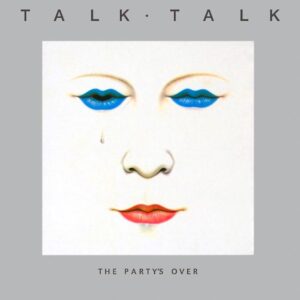
#5 The Party’s Over
1982
Talk Talk’s first album is their only record as a four-piece, featuring keyboard player Simon Brenner. Its languid and romantic sound recalls Duran Duran or late-period Roxy Music.
There’s competent synth-pop on ‘Talk Talk’ and ‘Today’, and Paul Webb’s fretless bass doodling is interesting, but this band would improve markedly.
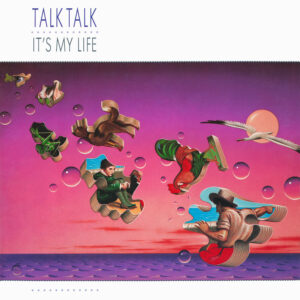
#4 It’s My Life
1984
Talk Talk’s second album shows signs of growth. In particular, the experimental textures of ‘Tomorrow Started’ anticipate their later work.
The title track, later covered by No Doubt, is the most memorable song from their early period. But overall, It’s My Life isn’t much more enjoyable than the debut.
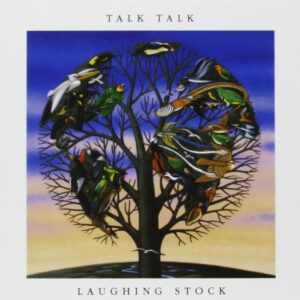
#3 Laughing Stock
1991
Talk Talk’s final album is their most esoteric – songs like ‘Myrrhman’ are closer to jazz and ambient than they are to rock music.
Hollis’ lyrics gently explore religious themes, as titles like ‘Ascension Day’ and ‘After the Flood’ indicate. ‘Ascension Day’ is punctuated by angry guitars, while ‘New Grass’ and ‘After the Flood’ are resigned and gorgeous.
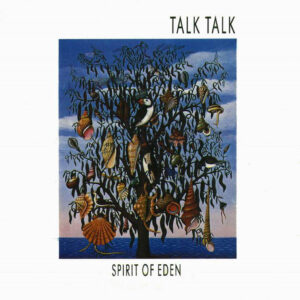
#2 Spirit of Eden
1988
Talk Talk’s fourth album was a reinvention, often credited with foreshadowing the genre of post-rock. Following the success of The Colour of Spring, Talk Talk were given complete creative control, and recording sessions took a year, in a blacked-out studio with strobe lighting.
Conventional pop songs are displaced by moody textural experimentation, backing Mark Hollis’ emotive and enigmatic voice. The first side is a suite of three tracks – ‘The Rainbow’, ‘Eden’, and ‘Desire’. The second side contains ‘I Believe In You’ – it was an unsuccessful single from an album that needs to be heard in its entirety, but it’s gorgeous with its insistent organ riff backing Hollis’ yearning voice.
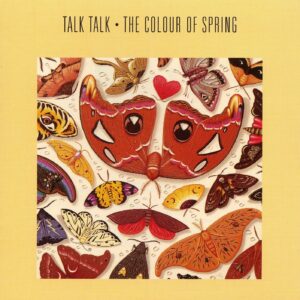
#1 The Colour of Spring
1986
Success allowed Talk Talk to largely ditch synthetic textures for their third album The Colour of Spring. The group’s sound is augmented by ace musicians like Steve Winwood, David Rhodes, and Danny Thompson.
Paul Webb’s bass lines are monstrous on tracks like ‘Give It Up’ and ‘Time It’s Time’, although the record’s most memorable bass part is played by Hollis on piano, lead single ‘Life’s What You Make It’. The moodier material like ‘April 5th’ and ‘Chameleon Material’ anticipates Talk Talk’s foray into post-rock. The Colour of Spring is a stunning masterpiece of sophisticated, intellectual pop music that is often danceable.
Read More
17 Comments
Leave a Reply
Related Posts
Review Pages
Read about the discographies of musical acts from the 1960s to the present day. Browse this site's review archives or enjoy these random selections:
Blog Posts
I add new blog posts to this website every week. Browse the archives or enjoy these random selections:
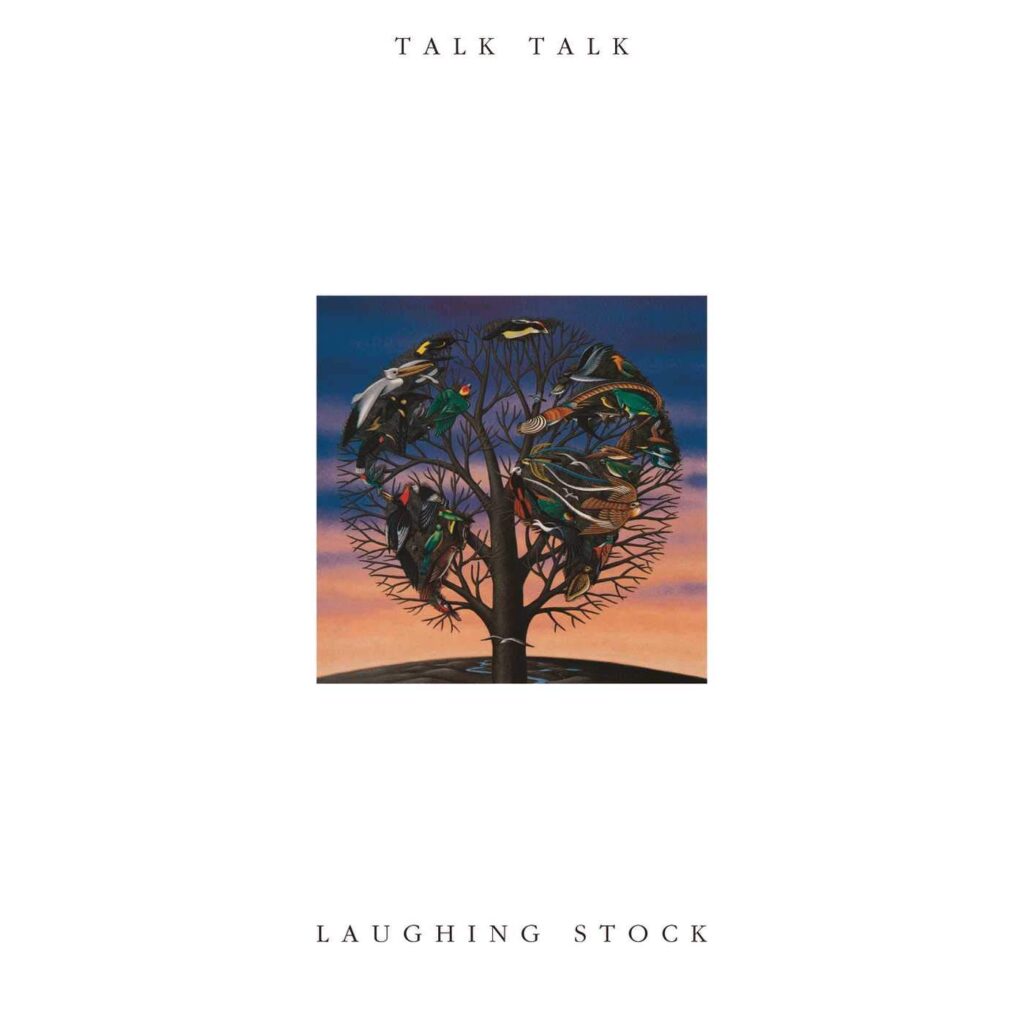
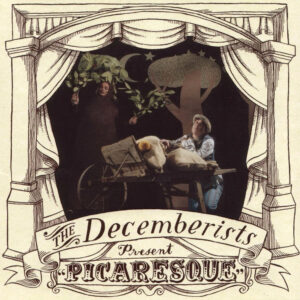

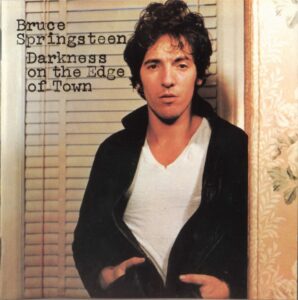
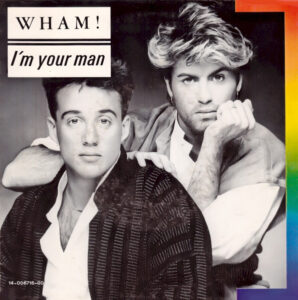
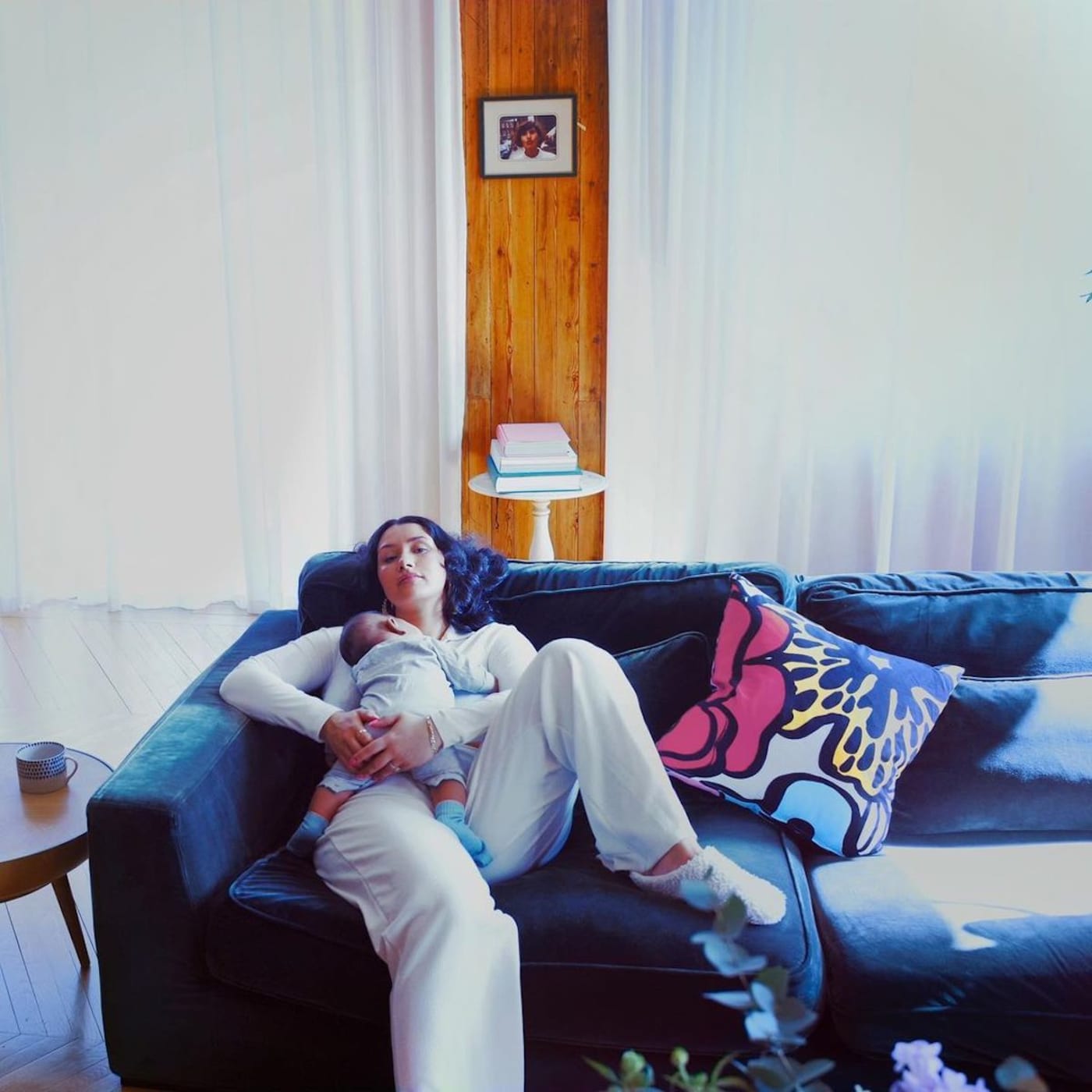
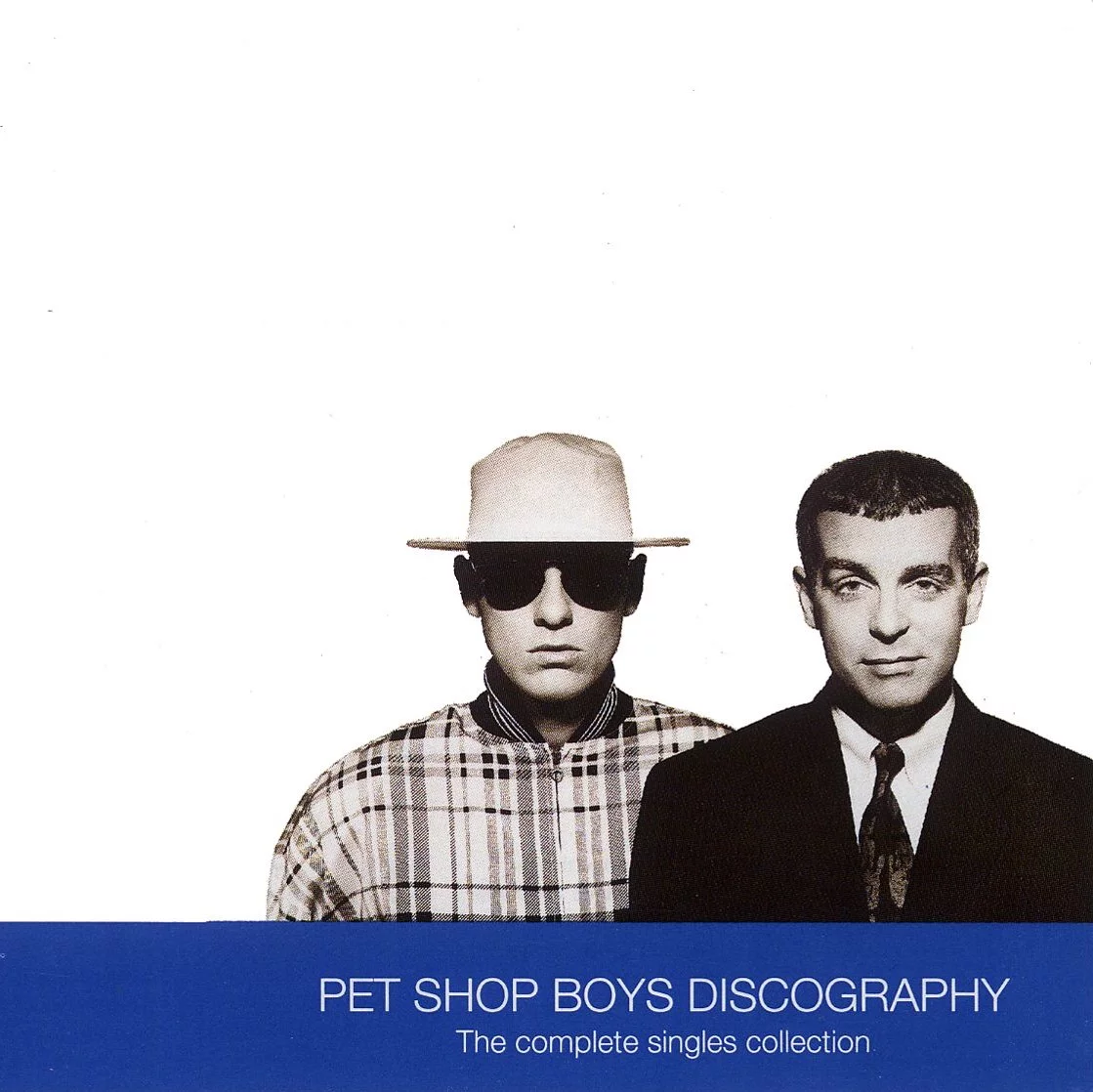
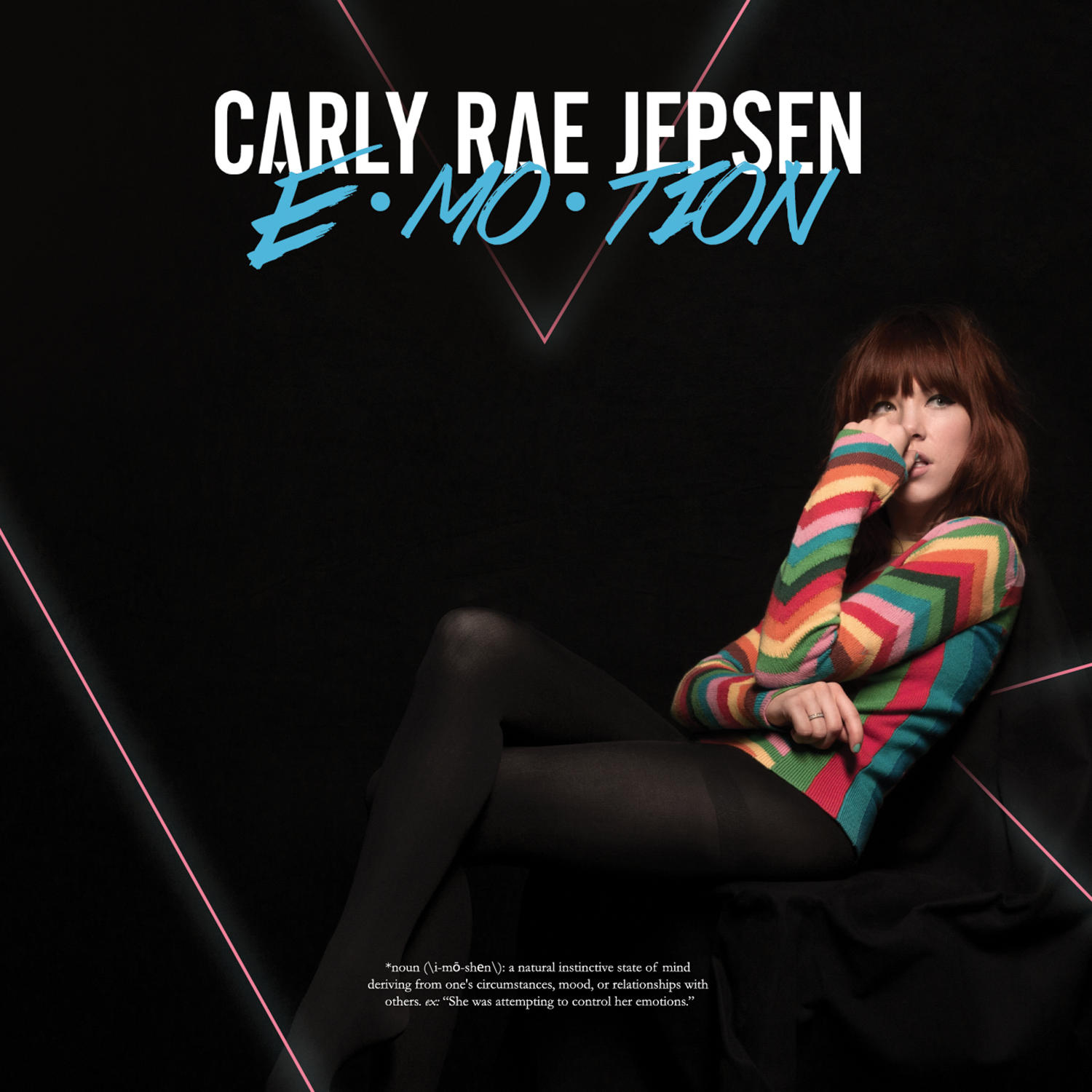
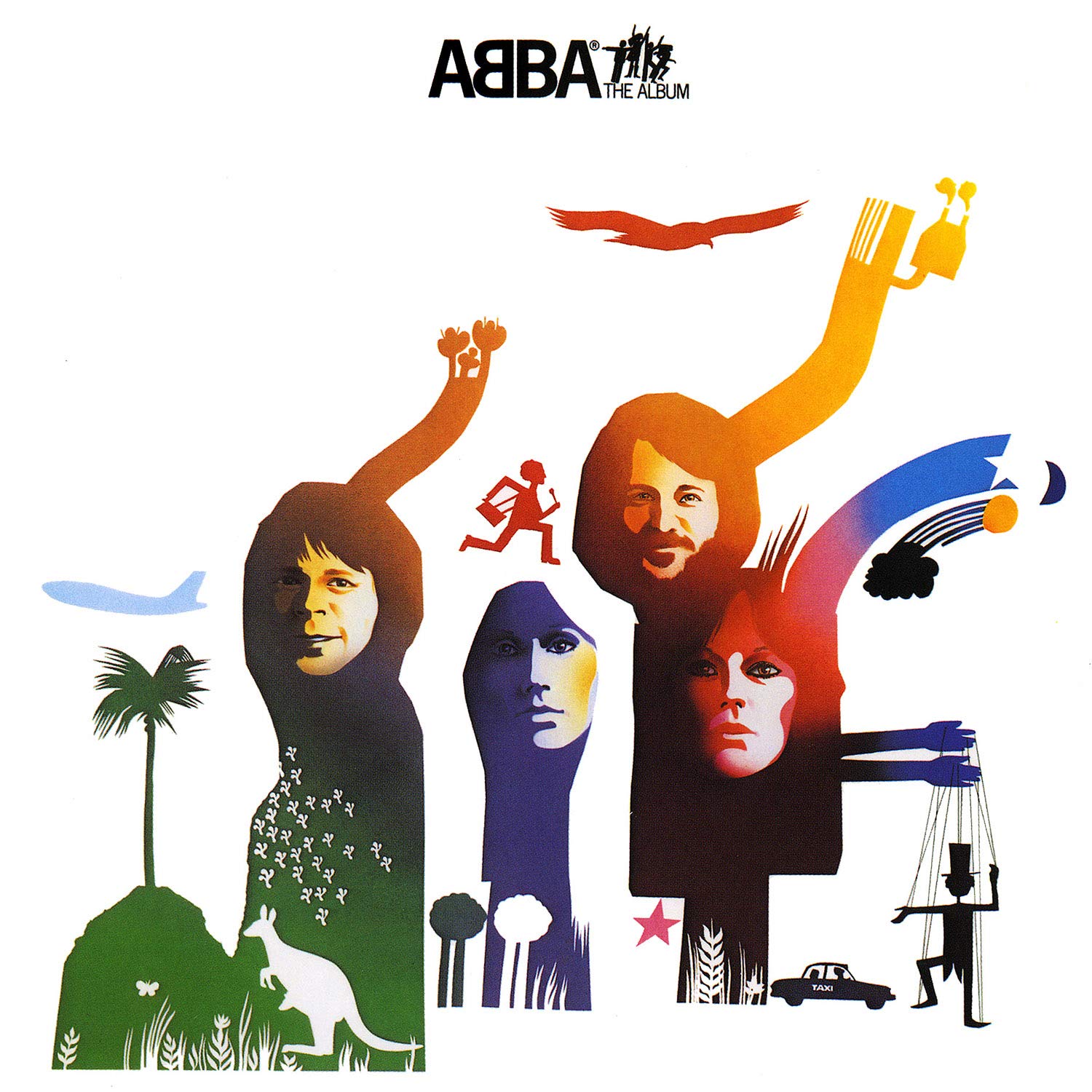



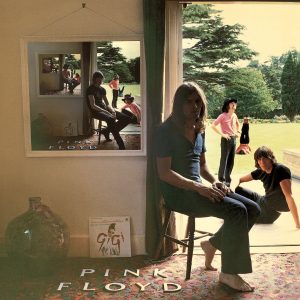
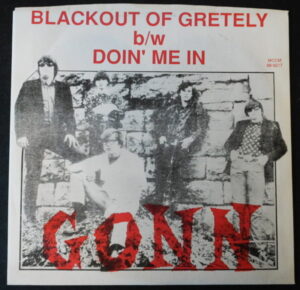

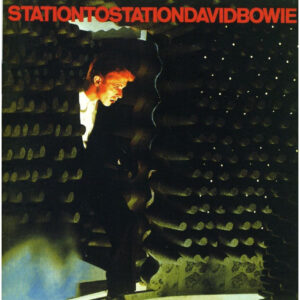
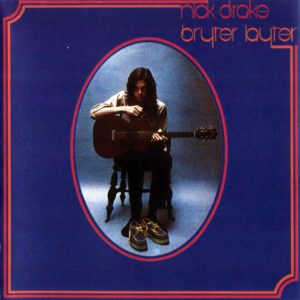
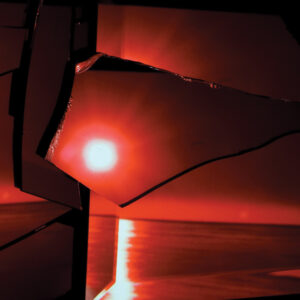
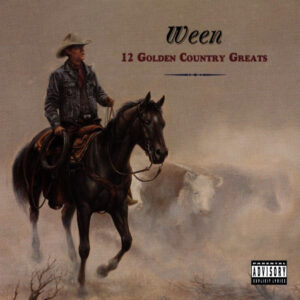
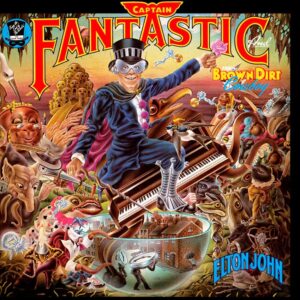




I’d flip flop your #1 and #2… one of the best opening acts I’ve seen- saw them open for Elvis in 1982.
Wow, that’s early in their evolution to see them. They still had a synth player then, right?
Yes I had never heard them before- got the album after seeing them that night-
I defer to your superior knowledge here, well done!
They were pretty formative for me – I got into them in my early twenties and they showed you could make amazing, memorable music without usual song structures. Probably influential on Radiohead too.
And now I feel like I’ve been sleeping on this band, I’m on it, thanks!
I don’t know much about them but I do like some of their songs. The only album I’m halfway familiar with is Laughing Stock…it does have some jazz elements.
Last three albums are all very strong – Colour of Spring is more pop-oriented.
I’ll take a listen. I like the singers voice…this is hard to explain but many eighties bands had singers that had montone voices…it was the thing back then…but they didn’t…at least from what I heard.
I think Bowie’s a major influence on that post-punk era where Hollis comes from.
I do hear that…
Love the band. I’ll be straight with ya, Graham. The albums are such an incredible progression, each moving on from the last (including Mark H’s solo opus) that I would not even attempt to rank them. I’d just list them chronologically and say, ‘Go get ’em’!’
I do wonder if going chronologically might be tough for new listeners – the first two sound pretty dated at this point and they’re a tough listen for me. Maybe a couple of early tracks then straight into Colour of Spring would make more sense?
So I’ve done just this. Newly introduced to Talk Talk (sadly, feel like I’ve wasted years without this) by way of listening to Wild Beasts. It’s been a great journey from open accessible synthy stuff on The Party’s over right through to the beautiful almost formlessness of laughing stock. Spirit of Eden would be a favourite if I was obliged to pick. Weird. Special. Dreamlike and like nothing I’ve ever heard before
I haven’t even heard od Wild Beasts. Picking a favourite from the last 3 Talk Talk albums is like choosing a favourite child!
Great band, and for a 1960s-early ’70s rock nut like me to praise them is significant! This is one group whose albums I don’t think you can adequately “rank.” Colour of Spring is a wonderful transition album, but their first two and last two LPs are from practically a different band. I like all of them except maybe the debut.
I find It’s My Life a bit of a slog too – it’s easily the biggest jump I have in any worst-to-best list.